Dive into a collection of articles that amplify neurodivergent voices, support a more thorough understanding of neurodiversity, and challenge common misconceptions.
Month
- April 2025
- March 2025
- February 2025
- January 2025
- December 2024
- November 2024
- October 2024
- September 2024
- August 2024
- July 2024
- June 2024
- May 2024
- April 2024
- March 2024
- February 2024
- January 2024
- December 2023
- November 2023
- October 2023
- September 2023
- August 2023
- July 2023
- June 2023
- May 2023
- April 2023
- March 2023
- February 2023
- January 2023
- December 2022
Author
- Abs S. Ashley
- Adam Fare
- Aimee Fletcher
- Aisling Sheehy
- Ann Memmott
- Antonia Aluko
- Callum Stephen Howes
- Cassandra Lovelock
- Cassandra Lovelock and El Dewar
- Charli Clement
- Claire
- Cos Michael
- Darren O'Reilly
- Dr Virginia Carter Leno
- El Dewar
- Elise Guthrie Stirling
- Emily Lees
- Emily Katy
- Emily Wooden
- Emma Nielson
- Grace Lee
- Guest Contributor
- Harriet Axbey
- Hat Porter
- Helen Edgar
- Iqra Babar
- Jill Corbyn
- Kai Schweizer
- Katrine Callander
- Kay Louise Aldred
- Krysia Waldock
- Lizzie Smith
- Lucy Gilbert
- Meena Kumari
- Molly Anderton
- Nick Ransom
- Reesha Zahir
- Remie Colledge
- Rhiannon Williams
- Rod Landman
- Rose Matthews
- Sarah Douglas
- Sarah Boon
- Sascha Bellamy
- Sophie Broadgate
- Stop Oxevision
- Thomas Barnett
- Tina
- Trauma Geek
- Warda Farah
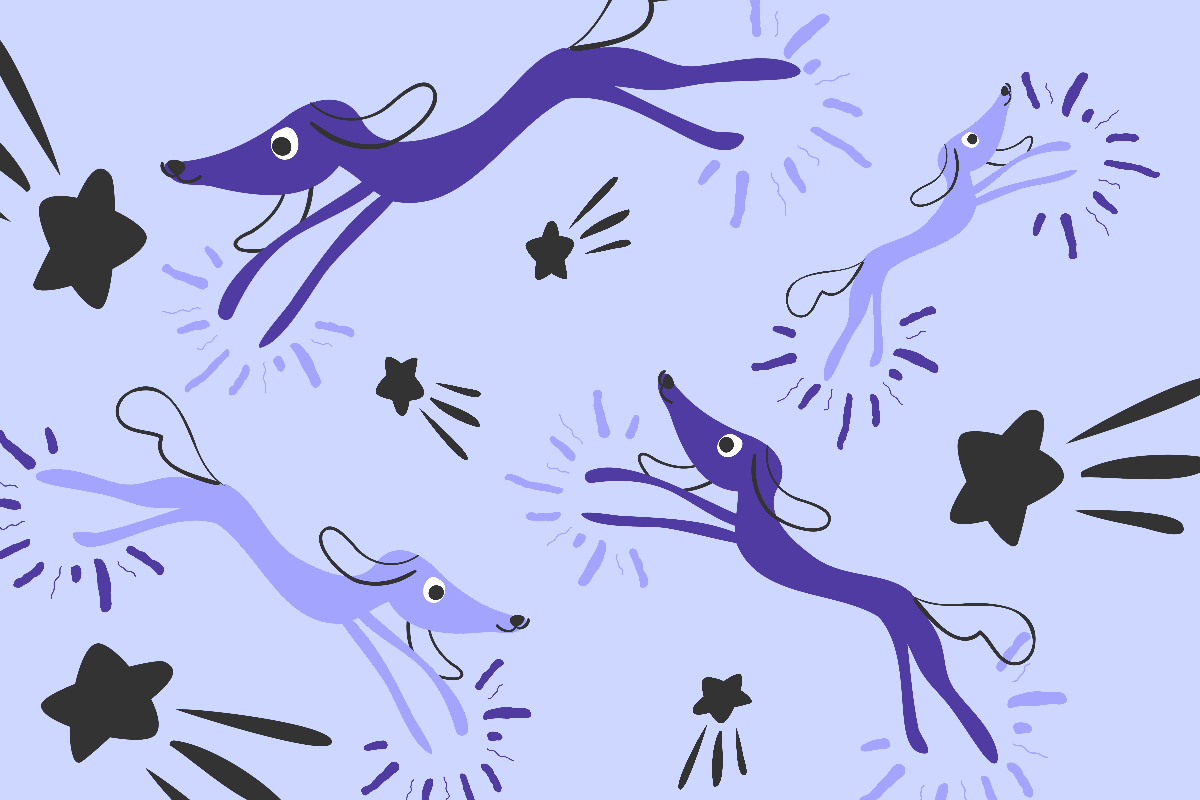
Why I no longer sit on my hands
When I was small I heard: “Will you sit still?!” , “You’re fidgeting!”
Then there was the one that changed everything …
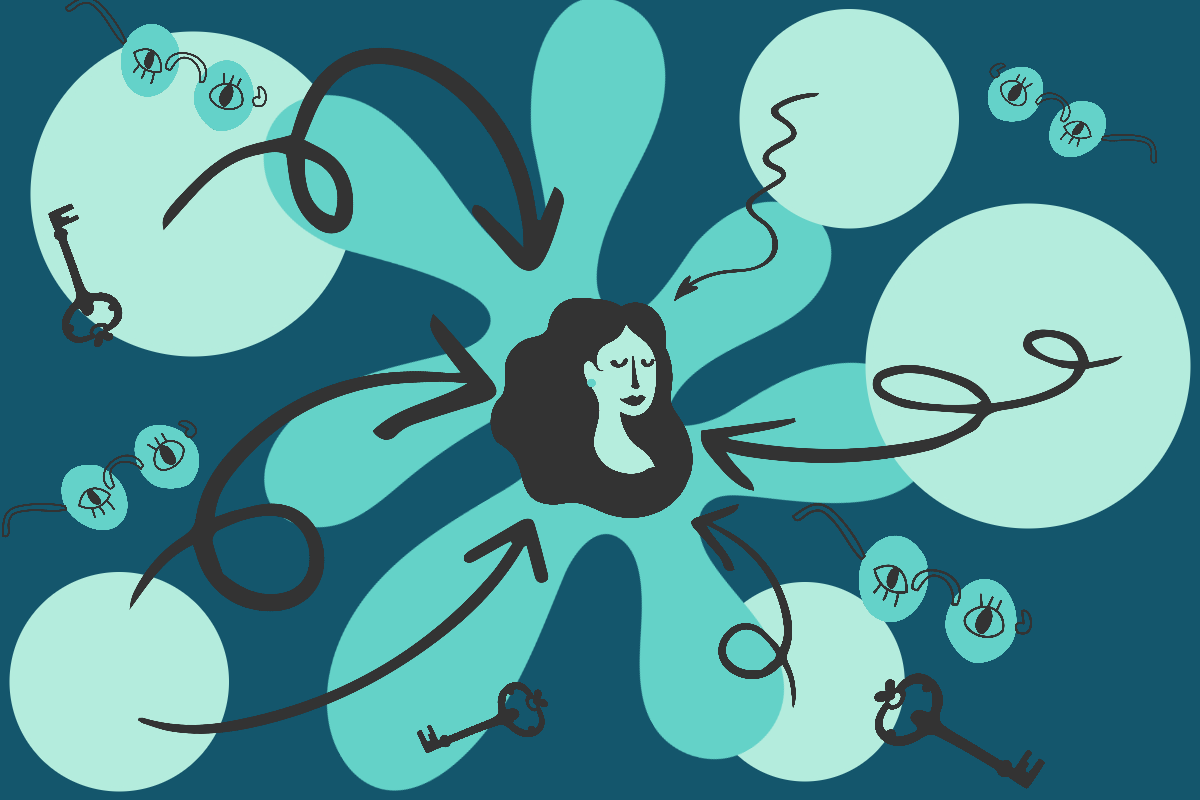
Navigating Intersections: My Journey as an Autistic Black Girl in the UK
Growing up in the UK as a black autistic girl was no easy feat. The challenges of understanding my identity were compounded by the fact that I self-diagnosed my autism. While it provided an explanation for my differences, I also battled imposter syndrome.
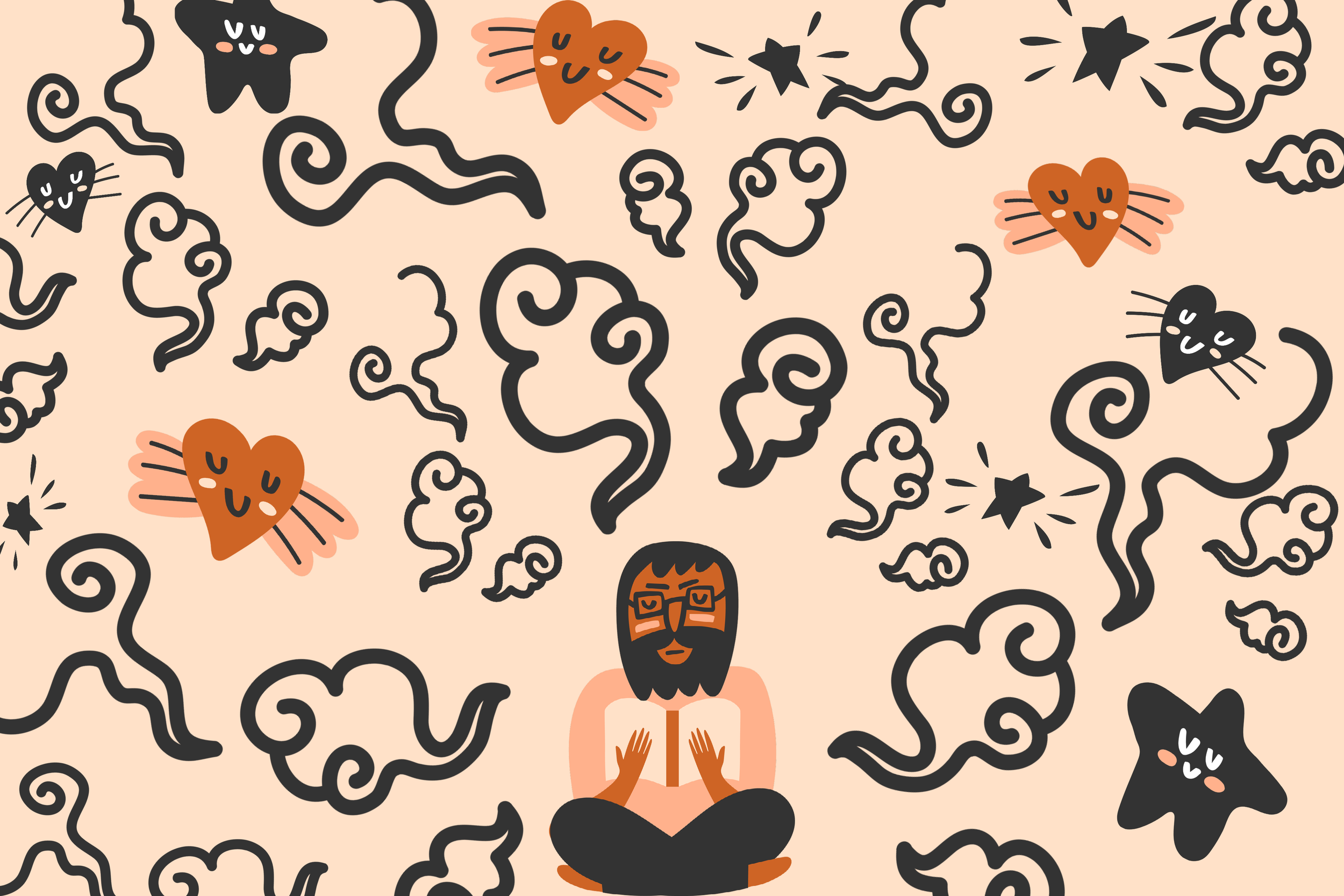
11 Things I Love About Having ADHD
We often hear about all the challenges that having ADHD can present, and rightly so. Raising awareness about these challenges is what: helps anyone who is struggling to feel less alone; enables us to find or develop solutions; and makes it easier for allies to understand how they can best support us.

A rollercoaster: neurodivergent and in the media
I only heard the term ‘neurodiversity’ a few years back, but in reality, it’s dominated my whole life. Subconsciously, for years, I thought different, I felt different and, in 2017, being diagnosed as autistic changed my life for the better.
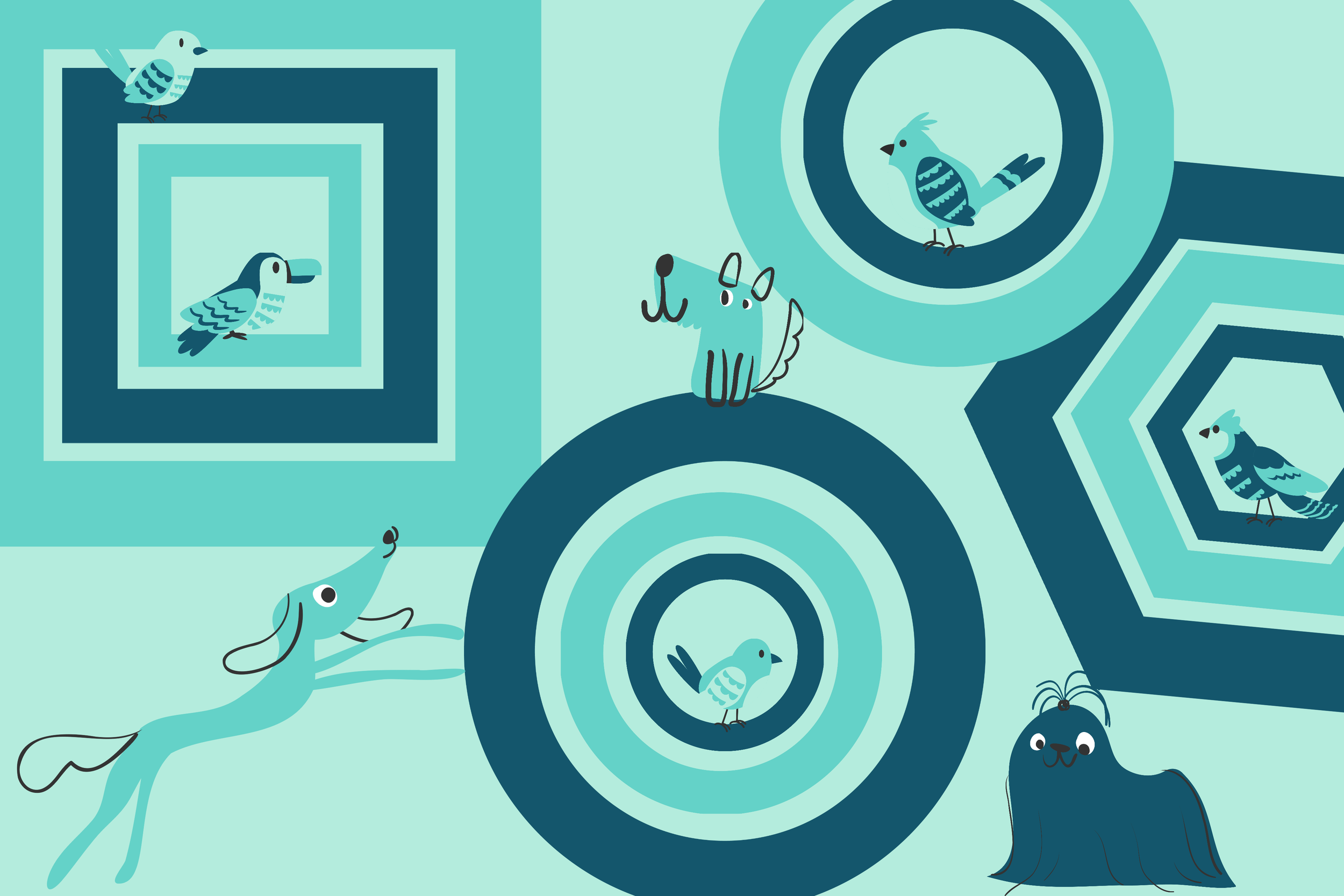
Monotropism and The Monotropism Questionnaire
The theory of monotropism was developed by Dr Dinah Murray, Dr Wenn Lawson and Mike Lesser (2005) in their article, Attention, monotropism and the diagnostic criteria for autism.
Monotropic people focus more attention and energy resources on a more limited number of channels of interest than non-monotropic (polytropic) people, who may be able to attend to a broader range of channels and find it easier to switch between channels of interest and tasks.
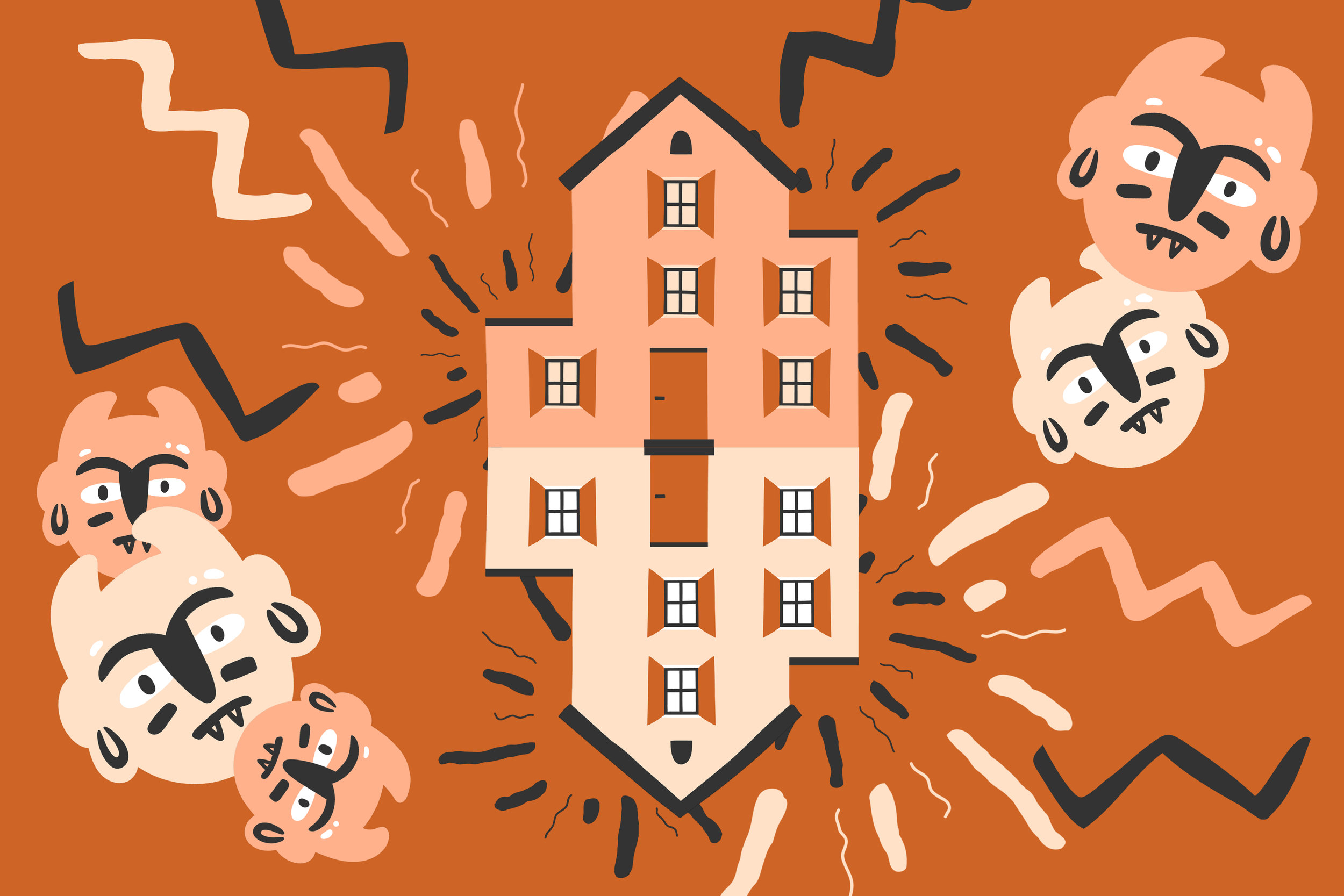
Is my environment making me sick?
As I write this I sit in my ground floor in Deptford, London. I grew up in this area and every street, crevice and cobbled alleys holds pieces of hazy memories from my youth. You see I was made in Deptford and now I feel as if the place that defined who I am is dying piece by piece, with each new edgy coffee shop and hairdresser my old stomping ground ceases to be.
- ABA
- ableism
- abuse
- accessible
- ADHD
- adults
- advocacy
- affirming
- aging
- assessment
- autism
- autistic parents
- black autistic
- building design
- burnout
- childhood
- children
- co production
- coercive control
- communication
- community
- culture
- depression
- Designing Homes for Sensory Differences Summit 2024
- diagnosis
- disability
- dyslexia
- eating disorders
- education
- empathy
- employment
- ethics
- family
- friendships
- GCC Summit 2023
- gender
- government
- grooming
- guidance
- health
- healthcare
- holiday
- housing
- human rights
- identity
- illness
- inclusion
- inpatient
- intersectionality
- joy
- language
- late diagnosed
- learning disability
- LGBTQIA+
- lived experience
- masking
- medicalisation
- meltdown
- mental health
- monotropism
- mothers
- nervous system
- newly diagnosed
- NHS
- online
- pain
- parents
- peer support
- play
- psychiatric care
- PTSD
- quality of life
- race
- racism
- reasonable adjustments
- relationships
- research
- resources
- routine
- school
- self diagnosis
- self regulation
- sensory environment
- sensory overwhelm
- sensory processing
- services
- sexism
- special interests
- spirituality
- stimming
- stress
- suicide
- support
- therapy
- training
- trauma
- trauma-informed
- women
- workplace
- young people
Got something to say?
We commission blogs from neurodivergent writers. We are particularly keen to hear from people of colour, older people, and non-speaking members of our community. Help us in our mission to amplify the views and voices that are most often left unseen and unheard.


